Say Goodbye to Unhelpful Worries: Coping with the Unknown
If you’re anything like me, you LOVE certainty. When we are certain about something, we can plan, we can relax, we can enjoy. Yet as you know, life is not always certain. We are unsure of when we will be able to freely leave our homes and interact with others in the ways that we used to, among many other lingering doubts. Uncertainty intolerance is at the core of worry and anxiety. Psychologist Robert L. Leahy (see video for a 2009 podcast from his book, The Worry Cure) proposes that we can tackle uncertainty by doing two things:
1. Taking a look at the Cost-Benefit Analysis of Tolerating Uncertainty : We would need to make a pros and cons list, essentially, examining the reasons why we would want to tolerate uncertainty. You may be able to easily fill up the cons side if you’re a professional worrier: “I wouldn’t be able to plan anything without certainty,” “I would possibly get hurt, rejected, or embarrassed,” “My anxiety will skyrocket if I am uncertain.”
But what about the potential benefits of not relying on certainty? Consider for a moment that we have already established that in life, most things are uncertain: our relationships, our health, the stock market, the weather, just to name a few. So we know that we in fact don’t have certainty about most important things anyway. So, wouldn’t it be in our favor in the long run to be able to tolerate that? List those reasons on your pros side, and see where you land!
2. Uncertainty Training : We usually respond to uncertainty by worrying about it. We’ve actually trained our brains to believe that this is helpful, adaptive, and puts us in control of situations (even when that is not actually true). If we’re worried about the possibility of a layoff from work, we think about all the different worst-case scenarios that we could end up in, one more horrifying than the next. Sometimes you may even trick yourself into thinking this is productive, because you’re also problem-solving in your mind for all these would-be scenarios, right?
Yet actually, we’re telling our brains that we need to worry in order to survive. Our brains respond by producing more worries, more frequently. But what if we instead took the opposite approach each time a worried thought comes into our minds? Each time these thoughts or fears about the future come in, we can say to ourselves, “I don’t know for certain if that will happen, and it’s OK.” Instead of trying to stop our thoughts from coming in, we acknowledge and accept that they are here, and more importantly, that there is no action required. We do not need to create a plan for them, expel them to the dark corners of our mind–we simply need to acknowledge them for what they are: thoughts and worries about the future of uncertain events.
It sounds counterintuitive to build tolerance to uncertainty–it would prevent us from really important planning, right? Taken to an extreme, that would be true. We are targeting the worries that are about future events that are not predictable (refer to some of the examples above, or better yet, create a list of your own common worries), but we are not talking about things that we know about, like deadlines for taxes, or sending the email to your boss about taking time off.
Over the next few days, when you notice those same worries coming in, instead of running with them, or fighting with them to stop altogether, try the two step approach above. It incorporates elements of Cognitive Behavioral Therapy and mindfulness practices.
